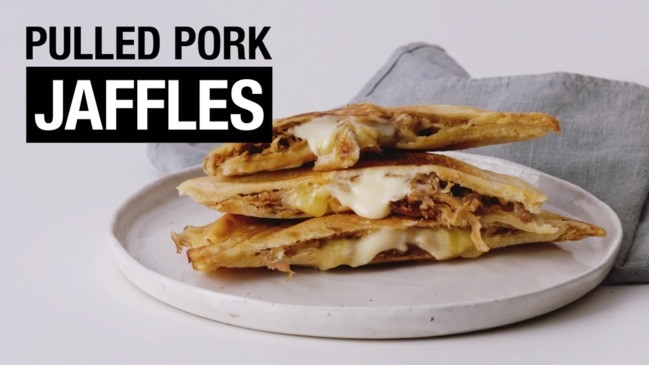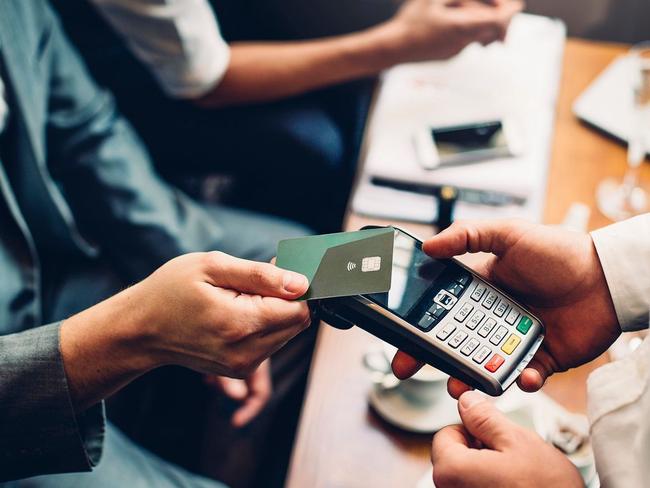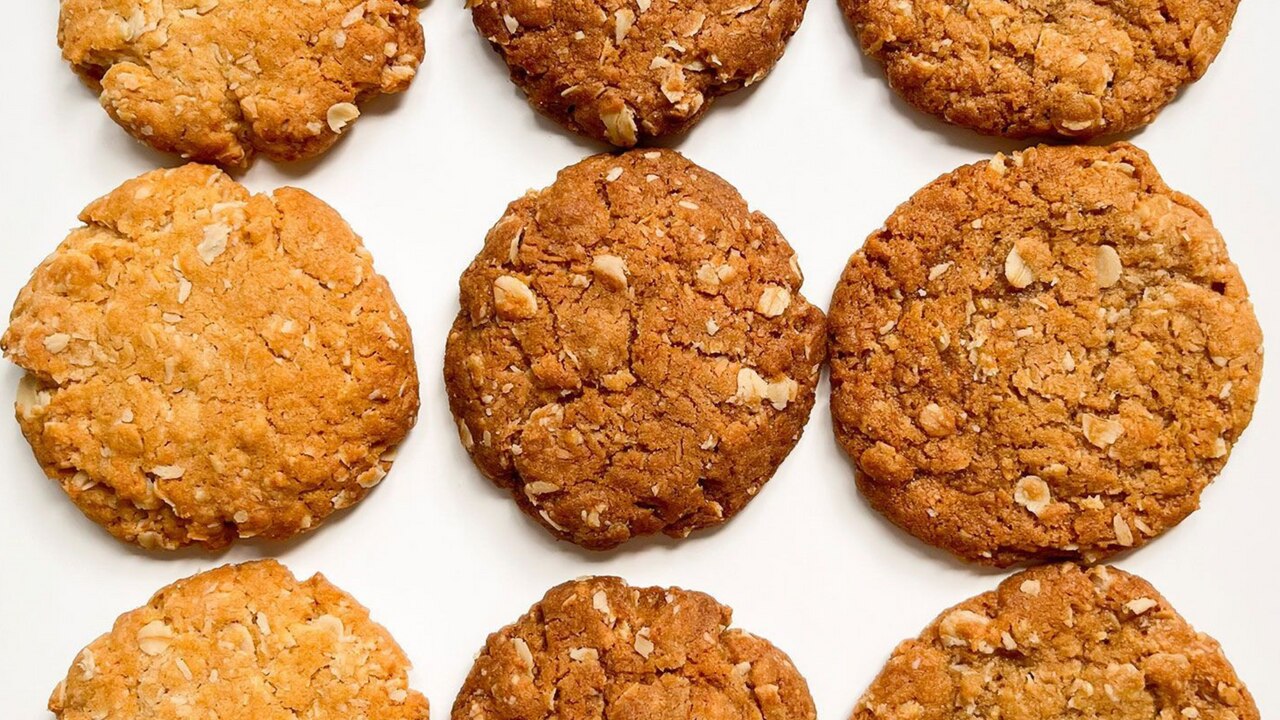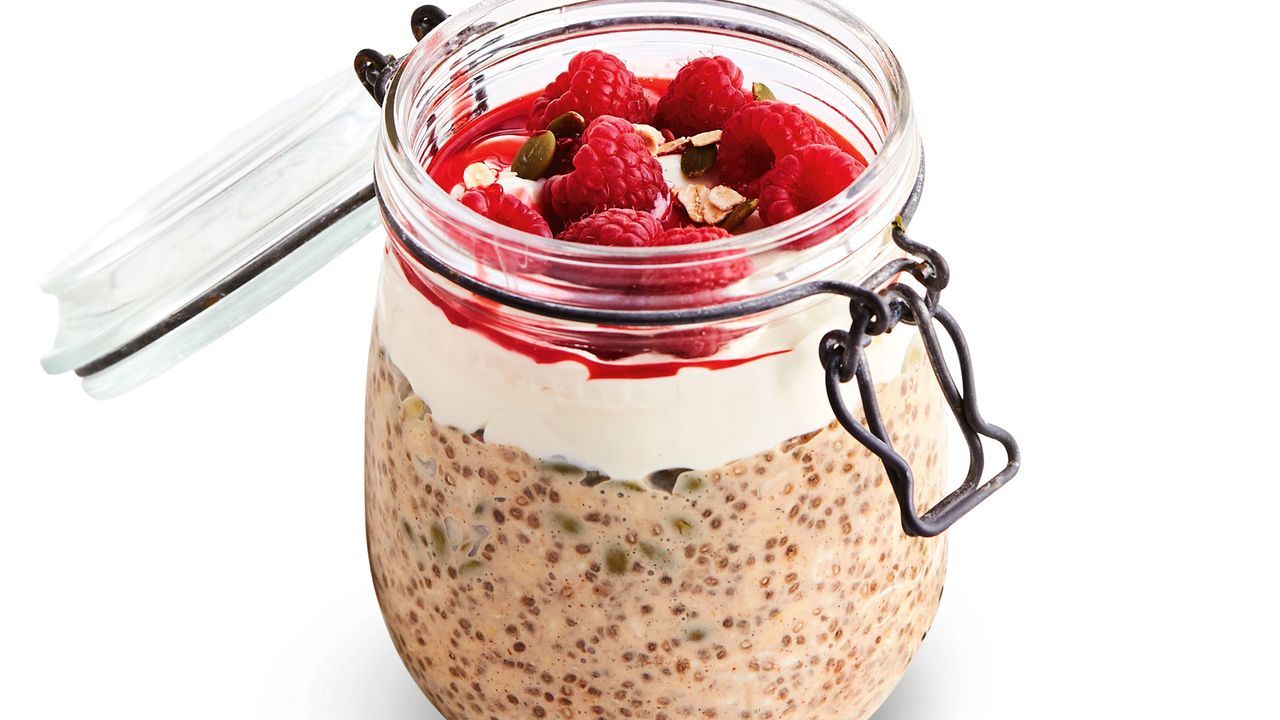Is it okay for restaurants and cafes to refuse payments in cash?
The rise of online payments and decline of cash use is a trend that is likely to continue. But at what cost, asks CARLA GROSSETTI.

Food
Don't miss out on the headlines from Food. Followed categories will be added to My News.
You can forget about rummaging in your purse for $7 worth of shrapnel to pay for a fresh-baked pepper steak pie at The Heritage Bakery, Milton.
The owners of the South Coast business made headlines around Australia when they announced their decision to change the way they trade by going cashless.
According to The Heritage Bakery owner, Bryan Wareham, the decision to stop accepting cash was driven by a spate of break-ins. “We have been cashless for more than six years, which means we can offer our staff a safer workplace,” Wareham says.
As a small business owner reliant on digital alternatives to cash, Wareham says he could only call time on cash thanks to a point-of-sales system that enables the bakery to continue to trade through Internet and power outages. “We realise that our choices won’t suit everyone, but there are a lot of advantages. It works for us,” he says.
Cashing in on e-commerce
Two McDonald’s outlets in Melbourne courted controversy when they started operating as ‘cashless only’ between the hours of midnight and 6am from January 2024. A spokesperson for the fast-food chain said it also made the move to remove cash from the premises in response to concerns for the safety of its staff and customers in Melbourne’s east and south.
According to Square, which millions of companies use to process electronic payments, the growth of cashless businesses in Australia rose from one in 12 businesses pre-COVID to one in four by February 2021.
The 2022 Consumer Payments Survey published in the Reserve Bank of Australia Bulletin in June 2023 also found cash is now used less than electronic methods for all transaction sizes.
In fact, the data recorded by the 1000 survey participants found that Australians halved their share of cash payments over the three years to 2022, which partly reflect the impact of the pandemic on consumer behaviour.

Withdrawal symptoms
Of course, the advantage of a cashless economy for governments is the reduced risk of tax evasion and corrupt black-market activities. But for business owners, the rise and rise of card payments also means they are less susceptible to fraud, the risk of theft or a robbery are reduced and the operation of the business is more efficient.
Conversely, the small percentage of customers who prefer to make payments in cash raise privacy and accessibility concerns. Elderly customers might also face difficulties with accessing electronic infrastructure. There is also some resentment in having to pay the extra credit card surcharge which is often added to the transaction cost for the consumer.
Convenience is key
While paying by card might be convenient for the majority of customers and the business, it’s the business owner who chooses to absorb the cost of the transaction fees imposed by the credit card companies or add it as an extra at the checkout. Businesses can build the surcharge into the pricing structure of their product and services but it has become more widely accepted that up to 2% is added to the expected total.
The fact that banks continue to close ATMs around the country indicates we’re certainly a step closer to a cashless or perhaps ‘less-cash’ society. Interestingly, despite cash having legal tender status, the Australian Competition & Consumer Commission states that businesses don’t have to accept cash.
With so many Australians getting around without carrying cash, even charity stalls like the Bunnings sausage sizzle have started accepting electronic payments. There will still be those beloved family business holdouts though: the cash-only businesses with no margin for card fees and a loyal following of customers who are happy to bring cash. But for the time being, there’s no other way to purchase that home-made jam at the school fete or great-value banh mi than by using physical currency.
Related story: 22 things you should never do at a restaurant, according to Matt Preston
For more food, travel and lifestyle news, go to delicious.com.au
Originally published as Is it okay for restaurants and cafes to refuse payments in cash?


